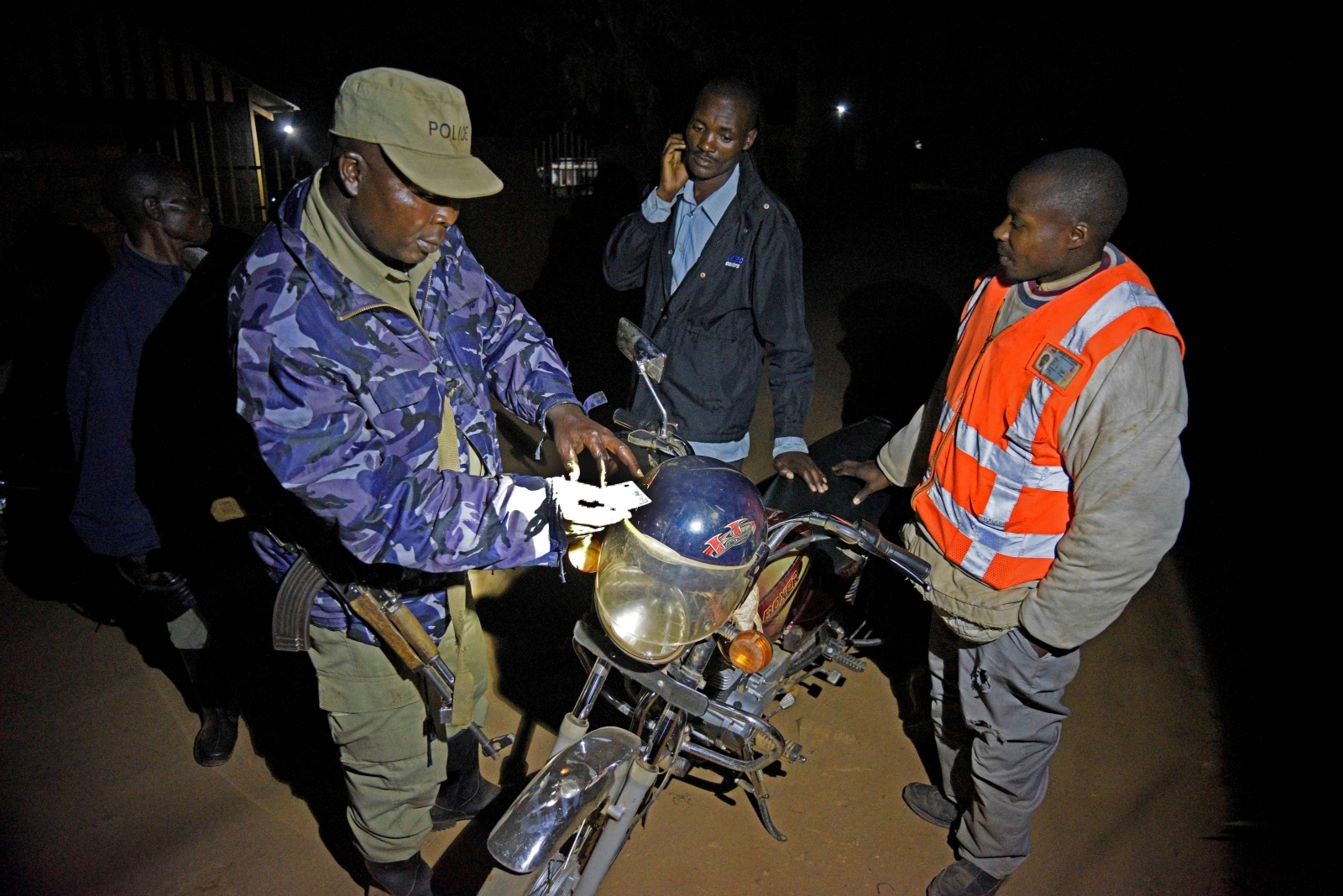Illuminati, serial killers and dark rituals blamed for gruesome Uganda mystery murders
The tortured bodies of 20 women have been recovered in Wakiso district since May.



Ugandan police have come under increasing pressure to solve the mysterious murders of at least 20 women whose bodies were recovered in a district near the capital earlier this year.
Residents and authorities began to find tortured corpses in the Wakiso district, some 20km from the capital Kampala, in May. The latest body was found dumped at a car washing bay earlier this month, bringing the number of deaths to 20.
The bodies of the victims displayed sings of torture. Most of them were raped and strangled and had sticks shoved into their vaginas. Others had their body parts sawn off.
Residents fear the women, most of whom were young, were victims of a serial killer or they had been murdered for rituals.
Some people have found similarities in the circumstances that led to the death of the victims, amid fears the number of the corpses could be higher.
"Someone goes missing then days later, sometimes a week, their decomposing body is discovered. But at that place there's no blood and no signs of a struggle. I think they're being taken somewhere then their body dumped later," journalist Georgewilliam Kakooza told AFP.
Authorities have dismissed fears of a possible serial killer.
In August, police arrested more than 30 people in connection with the murders and charged 13 of them with "murder and terrorism".
"Ritual killing is one of the motives that we suspect, we also think there might be cases of jilted lovers," police spokesman Asan Kasingye told Reuters at the time of the arrests. "Other theories might come up as investigations progress."
However, the murders have continued, prompting residents to set up patrolling units in Wakiso, hoping to catch perpetrators. People have accused the police of failing to tackle crime and instead focusing on cracking down on political dissidents.
"Police can't secure women in a small area - all the attention is on politics, on who is criticizing [President Yoweri] Museveni," said Sarah Birete of the Centre for Constitutional Governance.
The government dismissed the allegations, praising the police for their efforts to find the murderers.
"Some people start disguised as political activists and degenerate to criminals. I think they are unhappy that the police is on their back," government spokesman Ofwono Opondo said. "The police is right to focus on all forms of crime that can cause insecurity."
Earlier this month, the country's parliament said it would stop meeting until the government presented a report into the murders.
As the spate of gruesome murders remains unsolved, some have also blamed the secret society of the "Illuminati" for the killings.
Minister Jeje Odongo, a former general, claimed the society was behind the murders.
Contradicting police's official reports, he also told AFP that he knew that "two businessmen" - named in the local press - had hired a serial killer to carry out the ritual murders to bring them prosperity.
Odongo claimed the alleged killer had been arrested and had confessed to killing nine women "whom he strangled and collected their blood."
However, he did not provide any evidence to corroborate his claims.
© Copyright IBTimes 2024. All rights reserved.






